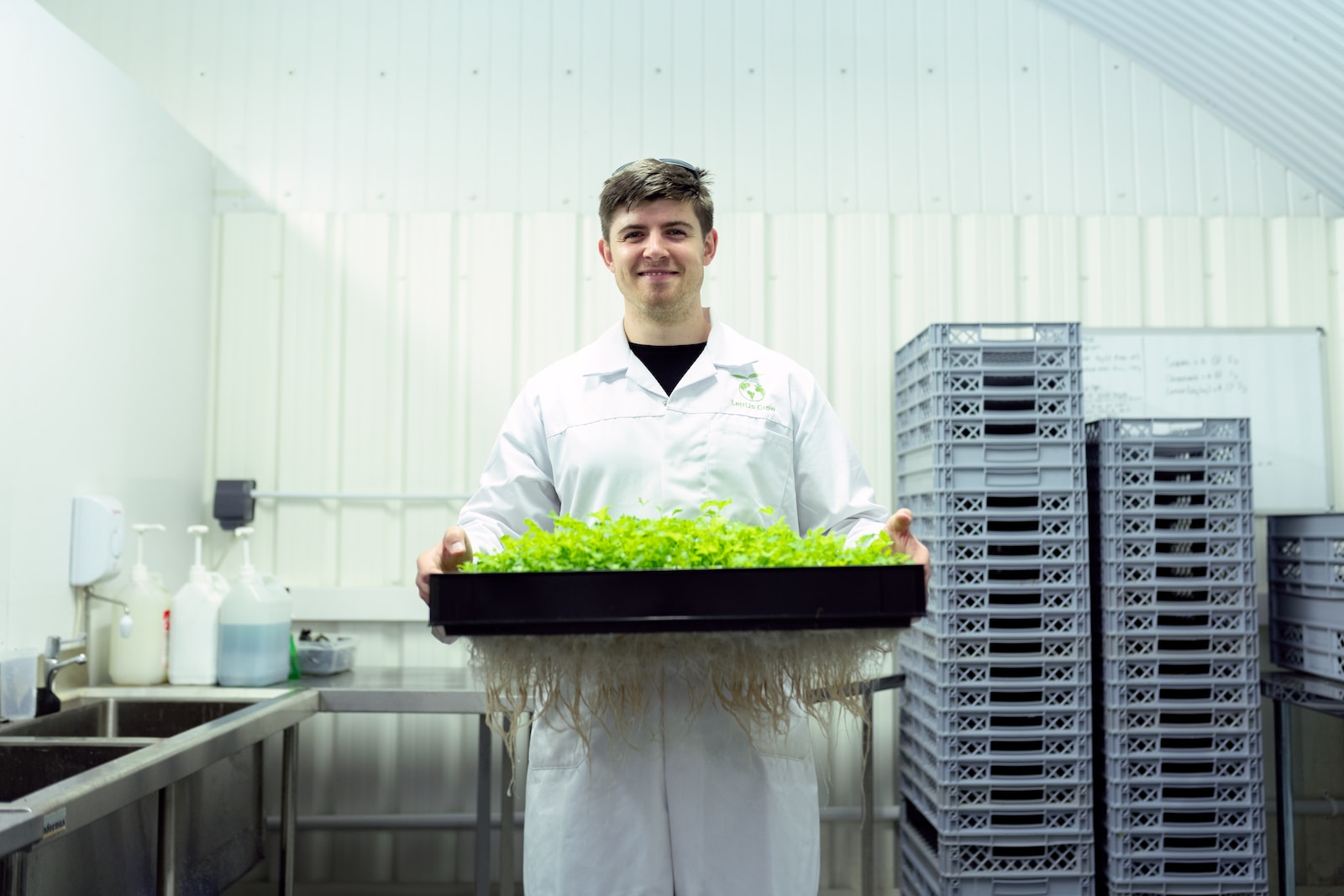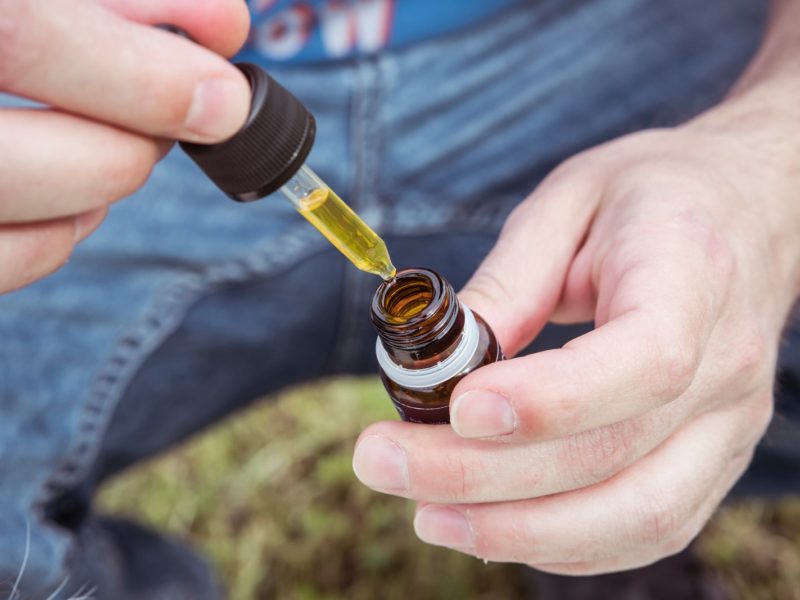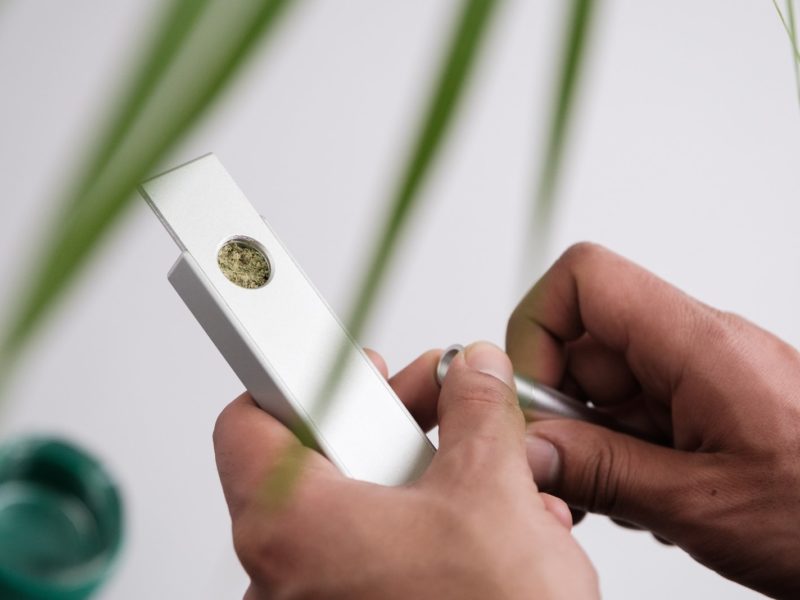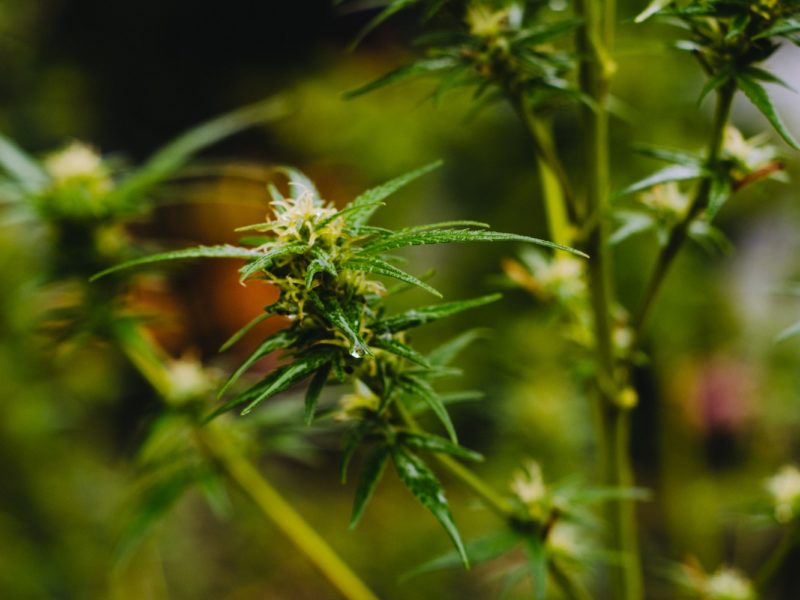The legalization of cannabis for both medical and recreational use in various regions has led to an increased demand for reliable cannabis testing services. As the industry continues to expand, entrepreneurs and scientists are finding opportunities in the establishment of cannabis testing labs. If you’re considering entering this budding industry, here’s a comprehensive guide on how to start your own cannabis testing lab.
Understanding the Cannabis Testing Industry
Before diving into the specifics, it’s crucial to grasp the significance of cannabis testing. Testing labs play a pivotal role in ensuring the safety and quality of cannabis products. They provide accurate data on potency, contaminants, and various other parameters. This information is essential for regulatory compliance and consumer trust.
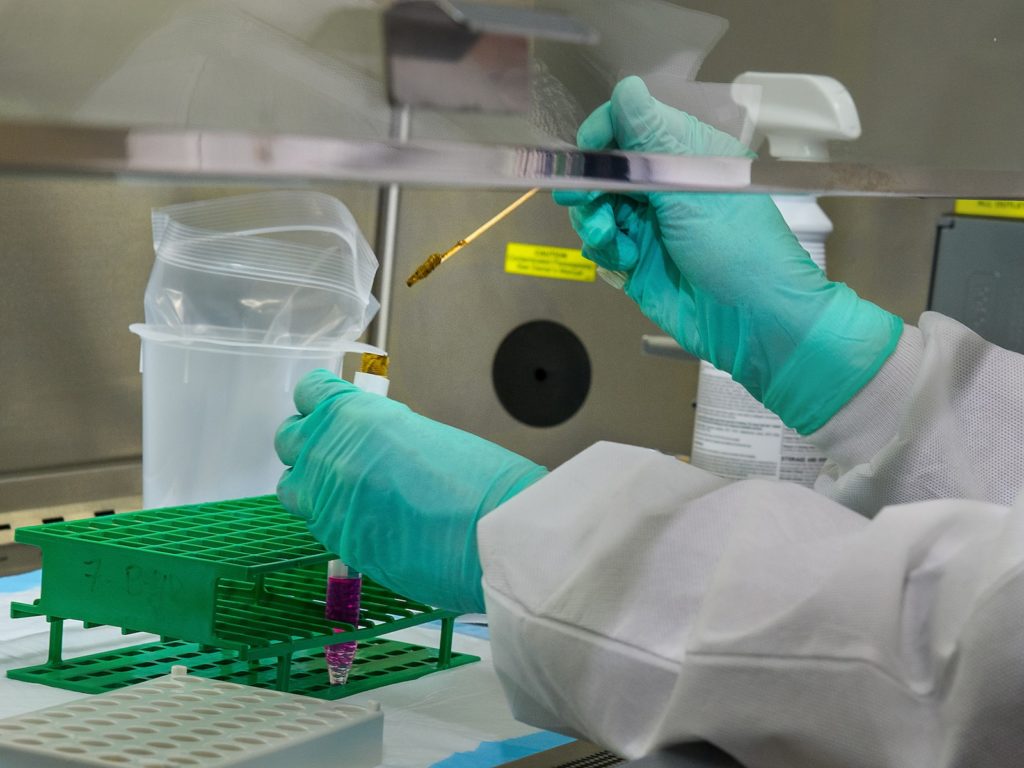
Step 1: Develop a Business Plan
Like any business venture, starting a cannabis testing lab begins with a solid business plan. Here are some key aspects to consider:
Market Research:
- Analyze the local and regional cannabis market.
- Identify your target clients, such as cannabis growers, producers, and dispensaries.
- Study competitors and their services.
Legal and Regulatory Compliance:
- Understand the legal requirements for operating a testing lab in your jurisdiction.
- Secure the necessary licenses and permits.
- Ensure compliance with safety and quality standards.
Financial Planning:
- Estimate your startup costs, including equipment, facility, staffing, and regulatory fees.
- Create financial projections and revenue forecasts.
- Explore funding options, such as loans, investors, or grants.
Location:
- Choose a suitable location for your lab, considering accessibility, security, and proximity to clients.
Step 2: Facility and Equipment
Setting up a cannabis testing lab requires specialized equipment and a controlled environment. Key considerations include:
Laboratory Design:
- Design the layout of your lab to ensure efficiency and safety.
- Implement security measures to prevent unauthorized access.
Equipment:
- Invest in high-quality analytical instruments for testing cannabinoids, terpenes, pesticides, heavy metals, and microbial contaminants.
- Ensure equipment calibration and maintenance.
Staffing:
- Hire qualified scientists and technicians with expertise in analytical chemistry.
- Provide training on standard operating procedures and safety protocols.
Step 3: Quality Assurance and Accreditation
To build trust with clients, it’s essential to establish a robust quality assurance program and seek accreditation from relevant organizations.
Standard Operating Procedures:
- Develop and document standardized testing procedures.
- Implement strict quality control measures to ensure accuracy and consistency.
Accreditation:
- Pursue accreditation from reputable bodies such as ISO/IEC 17025 or state-specific accrediting agencies.
- Adhere to their stringent requirements for laboratory practices.
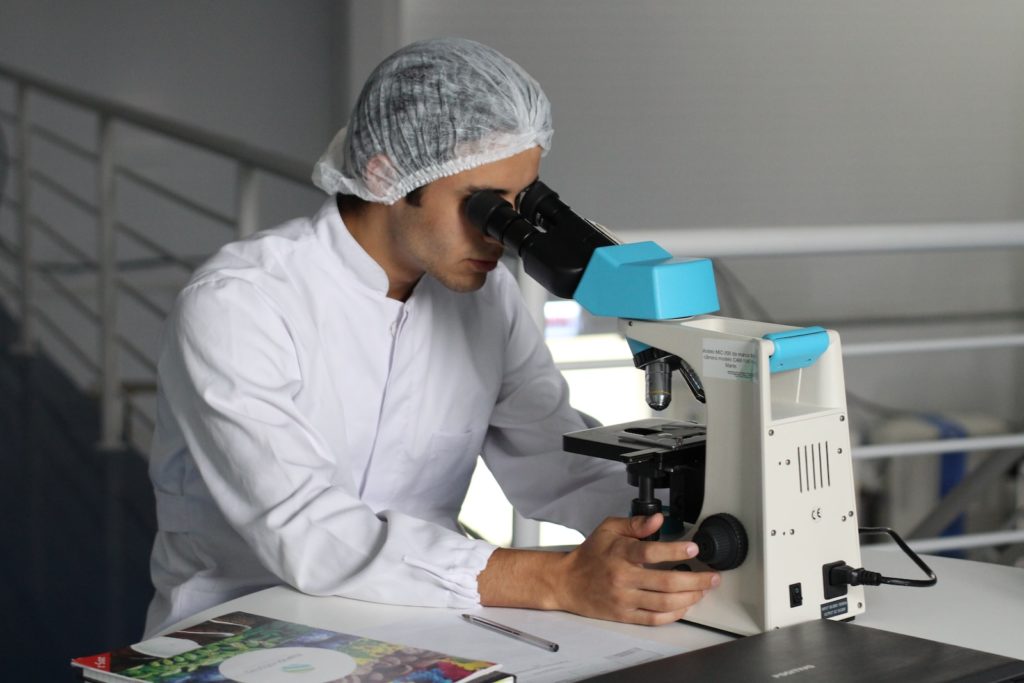
Step 4: Testing Services
Your lab’s success hinges on the range and accuracy of testing services you offer. Common tests include:
- Potency Testing: Determine cannabinoid levels (THC, CBD, etc.) and terpene profiles.
- Contaminant Testing: Detect pesticides, heavy metals, microbial contaminants, and residual solvents.
- Quality Control: Perform stability testing and assess product shelf-life.
- Research and Development: Offer specialized research services for product development.
Step 5: Marketing and Client Acquisition
Effective marketing and client acquisition strategies are essential to grow your cannabis testing lab.
- Develop a professional website with detailed service offerings.
- Attend industry events and trade shows.
- Network with local cannabis businesses.
- Consider partnerships with dispensaries and growers.
Step 6: Compliance and Reporting
Ensure that your lab complies with all regulatory requirements and maintains thorough records of testing results. Provide detailed reports to clients, including certificates of analysis.
Step 7: Scaling and Expansion
As the cannabis industry evolves, be prepared to scale your operations and consider expanding into adjacent services like consulting or research.
Frequently Asked Questions (FAQs) About Starting a Cannabis Testing Lab
To help you gain further insight into the intricacies of starting a cannabis testing lab, we’ve compiled a list of frequently asked questions along with comprehensive answers.
Q1: What qualifications do I need to start a cannabis testing lab?
A1: While there are no specific qualifications required to start a cannabis testing lab, having a background in science, preferably in analytical chemistry or a related field, can be highly beneficial. Additionally, a strong understanding of local and state regulations pertaining to cannabis testing is essential. Building a team of qualified scientists and technicians is crucial for the lab’s success.
Q2: How much does it cost to start a cannabis testing lab?
A2: The startup costs for a cannabis testing lab can vary widely depending on several factors, including location, lab size, equipment selection, and regulatory requirements. Generally, you can expect to invest anywhere from hundreds of thousands to several million dollars. It’s essential to create a detailed business plan to estimate your specific costs accurately.
Q3: How long does it take to get a cannabis testing lab up and running?
A3: The timeline for setting up a cannabis testing lab can vary, but it typically takes several months to a year from the initial planning stages to full operational status. This timeline can be influenced by factors such as regulatory approvals, equipment procurement, and facility construction or renovation.
Q4: What are the major regulatory challenges in the cannabis testing industry?
A4: The cannabis testing industry is highly regulated to ensure product safety and quality. Regulatory challenges may include obtaining the necessary licenses and permits, complying with strict testing standards (e.g., ISO/IEC 17025), and staying updated on evolving regulations, especially in regions where cannabis laws are changing rapidly.
Q5: How can I ensure the accuracy of testing results in my lab?
A5: Ensuring the accuracy of testing results is paramount. To achieve this, you should:
- Invest in high-quality, well-maintained equipment.
- Implement rigorous quality control measures.
- Follow standardized testing procedures and document them thoroughly.
- Participate in proficiency testing programs to validate your lab’s performance.
- Train your staff in proper laboratory techniques and safety protocols.
Q6: How do I market my cannabis testing lab services?
A6: Marketing your lab effectively is crucial for attracting clients. Some strategies include:
- Creating a professional website that showcases your services.
- Attending industry events, conferences, and trade shows.
- Networking with local cannabis businesses.
- Offering educational resources and seminars.
- Consider strategic partnerships with cannabis growers, producers, and dispensaries.
Conclusion
Starting a cannabis testing lab requires careful planning, adherence to regulations, and a commitment to providing accurate and reliable testing services. By following these steps and staying informed about industry developments, you can embark on a rewarding journey in the cannabis testing sector. Remember that the cannabis industry is highly regulated and dynamic, so staying adaptable and up-to-date is key to long-term success.
